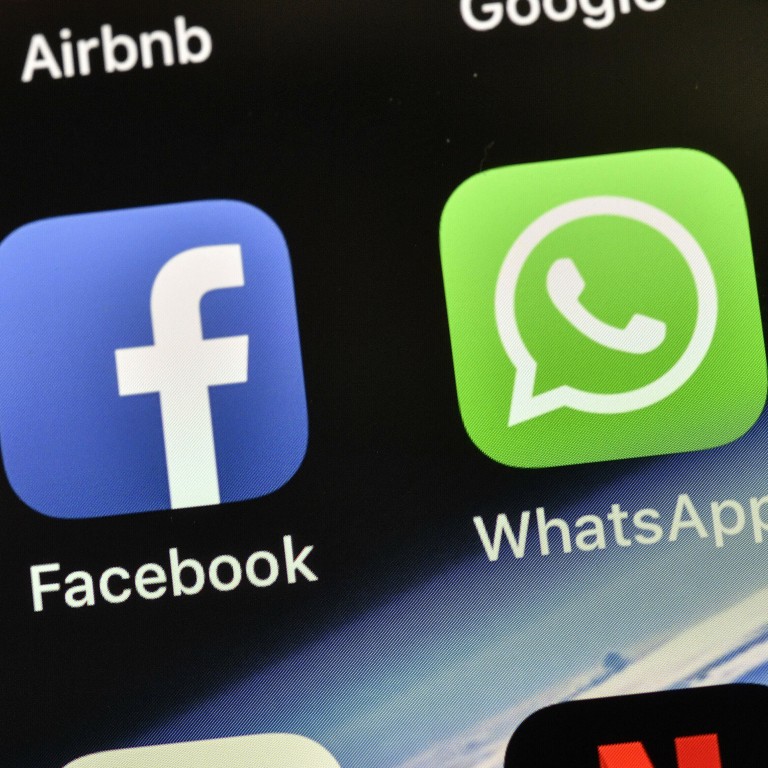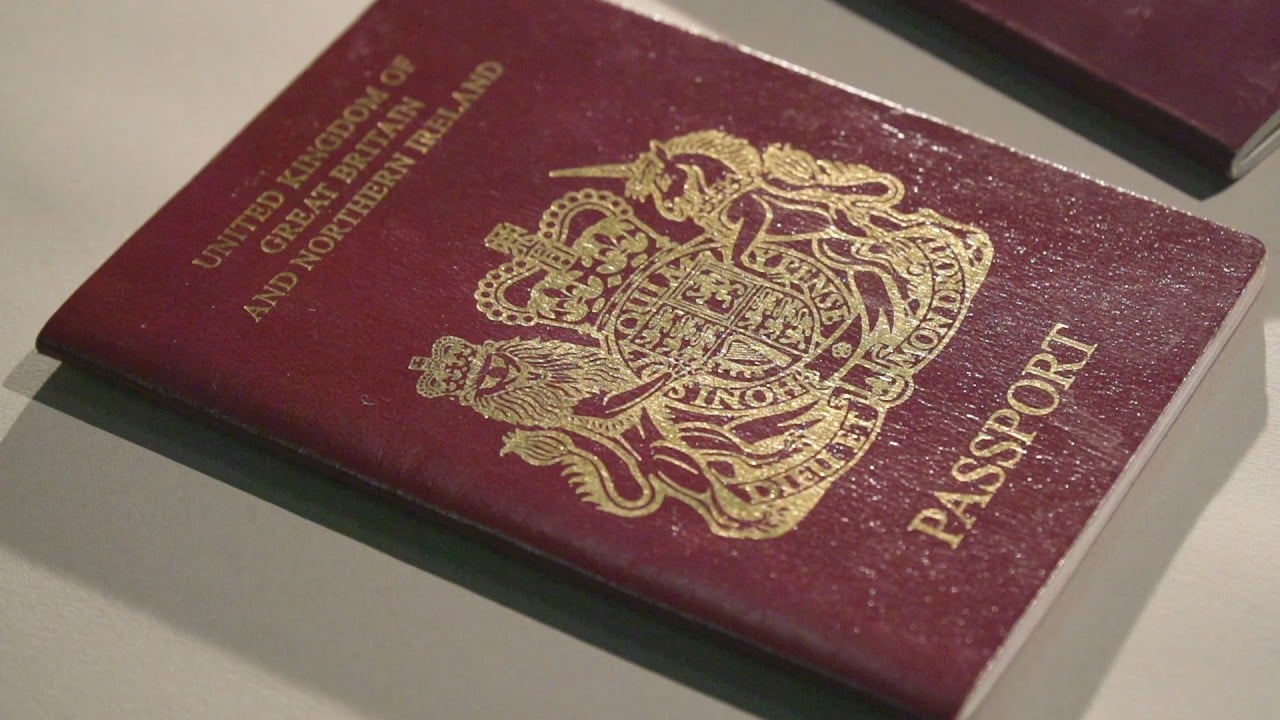
Facebook, WhatsApp to suspend user information requests from Hong Kong authorities
- The pause will take place ‘pending further assessment’ of a new national security law, Facebook says
- Since the law was passed, some Hongkongers have been scrubbing their social media accounts and deleting chat histories
“We believe freedom of expression is a fundamental human right and support the right of people to express themselves without fear for their safety or other repercussions,” the spokesman said.

05:50
What you should know about China's new national security law for Hong Kong
China last week enacted the sweeping security law for the restive city of about 7.5 million people, banning acts of subversion, secession, terrorism and collusion with foreign forces.
The legislation, which has sent a wave of fear through the city, aims to stop and punish acts of secession, subversion, terrorism and collusion with foreign forces, with offenders facing up to life imprisonment.
Digital rights group ProPrivacy called Facebook’s move “a win for both digital privacy and human rights in the region”.
“With the stakes so high, and the punishments so severe, it is great news to see big tech companies like WhatsApp pushing back in favour of democracy and freedom of expression,” the group said.

Telegram, a secure messaging app, also said it would deny law enforcement requests for user data in Hong Kong.
Spokesman Mike Ravdonikas on Monday said that Telegram understood “the importance of protecting the right to privacy of our Hong Kong users”. Telegram has been used broadly to spread pro-democracy messages and information about the protests in Hong Kong.
“Telegram has never shared any data with the Hong Kong authorities in the past and does not intend to process any data requests related to its Hong Kong users until an international consensus is reached in relation to the ongoing political changes in the city,” he said.

01:38
UK offers Hongkongers with BN(O) passports path to citizenship after new national security law
Many took to Twitter and other social media platforms such as Telegram and Signal to either announce their departure from the platforms or share tips on internet safety.
“We will clear all the messages for your safety,” one popular Telegram group used by pro-democracy protesters wrote. “Please watch out for what you say.”
Companies providing virtual private network (VPN) tools – which can make internet access more secure – have reported a spike in downloads since the law was announced.

.png?itok=arIb17P0)